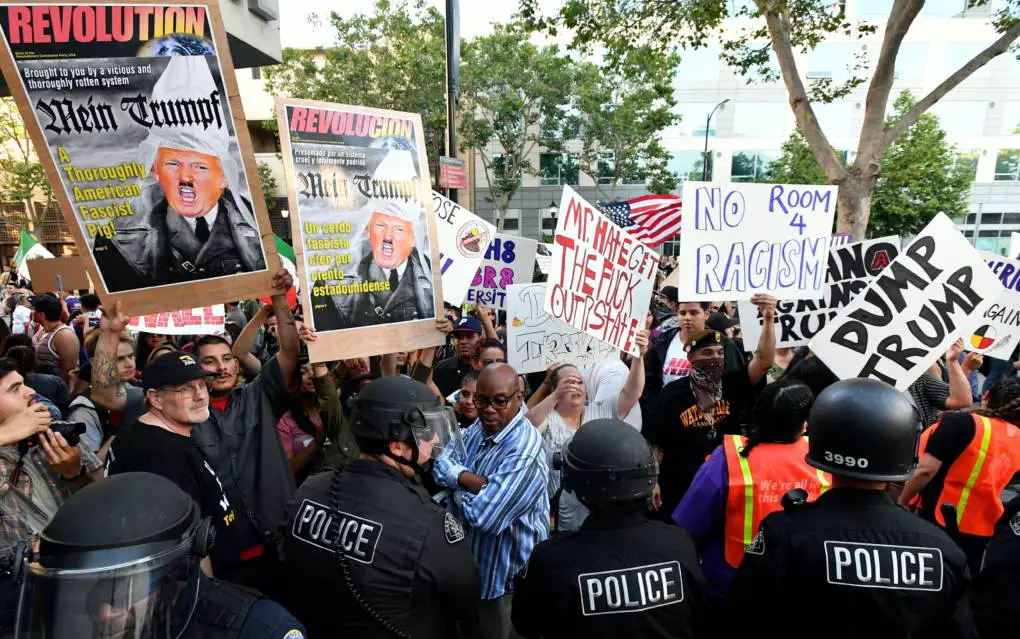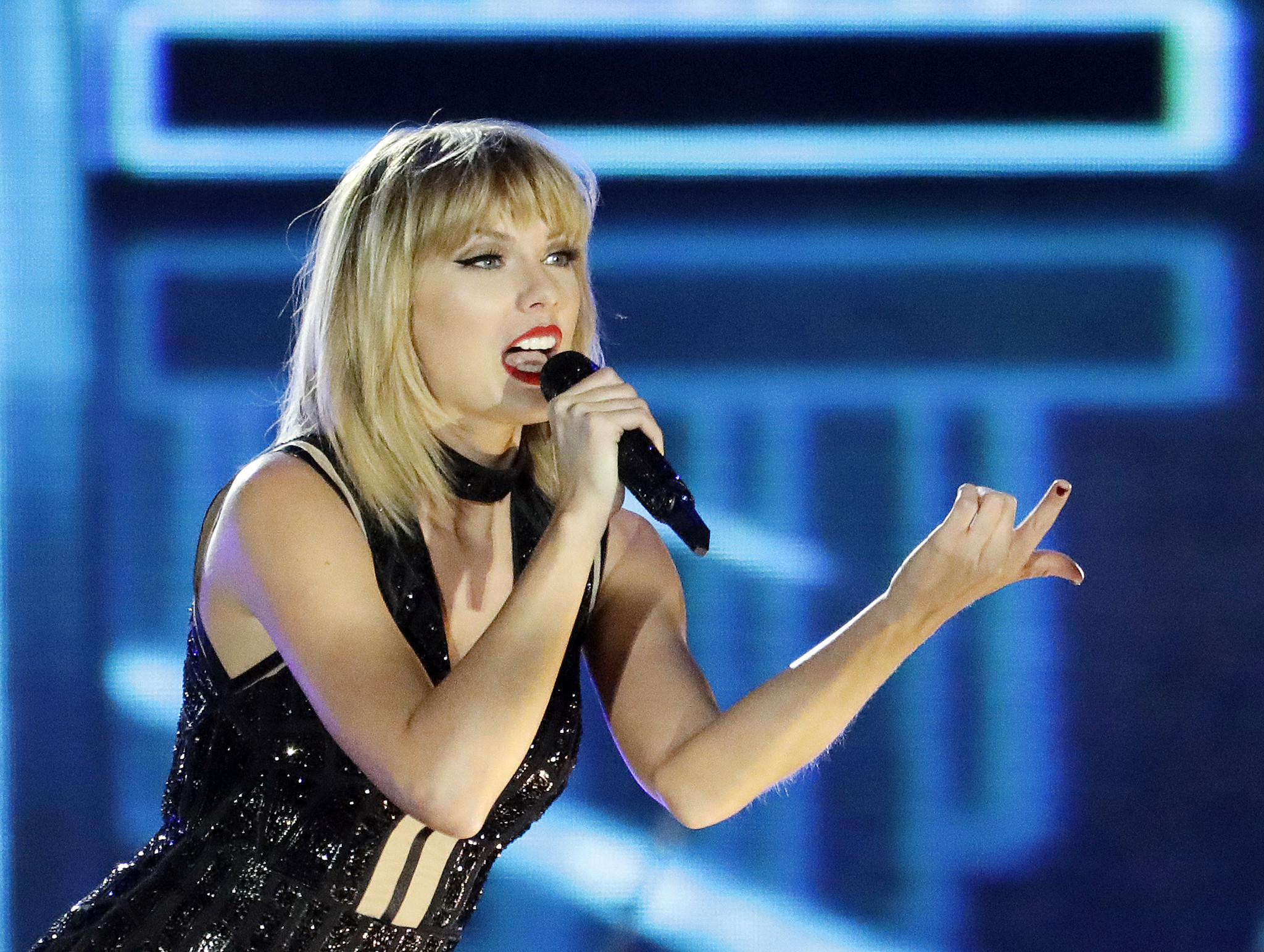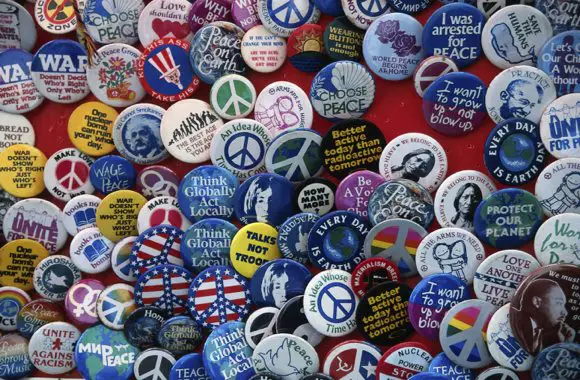Vote or Die
In an atmosphere where political activism is an expectation, social pressure is working counter-productively, instilling apathy instead of passion.
By Kayla Kibbe, Connecticut College
In the days (and weeks) following the election, “How are you holding up?” became the standard form of greeting on my campus, and it quickly became clear that “Fine,” was not an acceptable answer.
Like many colleges, mine had declared a campus-wide state of mourning, complete with walkouts, candlelit vigils and round-the-clock opportunities to stand in solidarity. In the days following Decision 2016, “How are you?” became more rhetorical than ever. Freshman to senior, dorm to dorm, humanities to sciences, a state of utter despair was the new expected norm.
Universal post-election bereavement was a safe enough assumption to make on a small, private liberal arts campus in New England. And while I’m usually pretty deft at blending in with the school’s tacit political expectations, I consistently missed my cue throughout the unofficially official mourning period.

Every time I unthinkingly admitted to being “fine,” I was met with the astonished glare usually reserved for an uncouth uncle who just made a joke at funeral. Trying to save face after again making this error during a conversation with my advisor, I offered for an excuse, “I’m just not very politically minded.”
“I know you’re not,” she replied. “I’ve read your writing.”
This was not a compliment.
The main sin I had committed was not in having betrayed signs of Republicanism. That, I imagine, remained unthinkable. The guilt lay entirely in my political apathy. In the turbulent post-election climate on campus, not caring was not an option. If you weren’t in mourning, you were “part of the problem,” regardless of whether or not you thought there was a problem.
The Political Playground
In 2017, declining to voice a political opinion in polite conversation is no longer a sign of good manners. In fact, being politically vocal has become a staple of every day interaction. If you don’t have an opinion, you’re being rude. And it better be the right opinion. In today’s unwritten rules of social decorum, talking politics is like apologizing as a kid. You don’t have to mean it, you just have to say it so your mom will leave you alone.
This new spirit of obligatory political fervor, however, may be doing more harm than good on the political playground. Mandating political zeal from the otherwise indifferent does little to actually advance the causes on either side of the spectrum. Rather, this push for universal political enthusiasm only subverts its own efforts by giving rise to political nihilism, which critics blame for the current state of Western politics.
Forcing people to take a side just to save face in everyday conversation doesn’t actually make them devoted activists. Rather, it merely results in half-hearted political opportunism, devoid of any real convictions. Faking political fervor is like faking an orgasm. Done right, its a quick and easy way to get out of an undesirable social situation, but it still doesn’t make the sex good.
Leave Taylor Alone
This new emphasis on obligatory political activism isn’t just an unwritten rule on college campuses or in break room conversation. For better or worse, politics are increasingly blending into pop culture, and from Leonardo DiCaprio to Madonna, political activism has taken center stage in Hollywood. Meanwhile, like college students who were accidentally “fine” post-election, celebrities who aren’t making a big enough splash politically are taking a hit for their reticence.

Take, for example, Taylor Swift. Between securing another two breakups under her belt and the infamous Kim-Exposed-Taylor debacle, Taylor Swift had just about as bad a 2016 as anyone else—for the year’s highest paid woman in music, that is. 2017 has also seen Swift off to a rocky start, as her failure to make an appearance at the Women’s March was met with considerable social-media backlash.
No stranger to the political demands of Hollywood, Swift attempted to do her part by offering a now infamous tweet:
“So much pride, love, and respect for those who marched. I’m proud to be a woman today, and every day.”
As replies were quick to point out, however, it was a classic case of too little too late. Swift was slammed for being a political opportunist, accused of “picking and choosing” when to use feminism to her benefit. Though not even guilty of pure political reticence, Swift’s attempts to fulfill the political demands of Hollywood simply weren’t enough to stave off the witch-hunt.
Essentially, Taylor Swift got caught faking it, and was burned at the social-media stake for falling into the opportunistic political nihilism that the new rules of modern society have pushed on everyone. That’s the thing about faking orgasms: If you get caught, things only get more complicated. At the end of the day, Taylor Swift’s performance just wasn’t convincing enough.
No Other Option
The Taylor Swift Women’s March debacle highlights exactly the kind of self-destructive dangers lurking within the new politically-charged rules of society. Making vocal political activism all but mandatory inevitably pushes individuals into a state of political nihilism that is opportunistic by default. When you have to feign political fervor just to get by, your political efforts obviously have ulterior motivations.
A recent “Cosmopolitan” article addresses this issue of increasingly empty celebrity activism. Pinning Taylor Swift as the figurehead of the “tiresome” trend, the article follows in the footsteps of other critics who accused Swift of political opportunism.
While the article raises an important critique of the increasing intersection of pop culture and politics, its main complaint is not that celebrities are being forced to engage in political dialogue, but rather that their engagement is not convincing enough. Essentially, the article condemns the effects of obligatory political engagement while still promoting the cause.
While the article notes that “At this point, remaining silent seems just as likely to cause your fans to abandon you as saying something political does anyway,” it simultaneously fails to recognize this very trend as the source of the problem it attempts to critique. Rather, the article presents this logic as all the more reason for celebrities to get politically active, as long as they make it convincing.
Meanwhile, the article ignores the very injustice it has just highlighted: Celebrities must be politically vocal at the risk of losing their fans.
Amidst the increased demands of today’s politically charged society, fame comes at a greater price than ever.
What all of these critics, from college professors to Taylor Swift fans, fail to see, is that forced political activism inevitably gives way to opportunistic political nihilism. Whether it’s a college student or a pop star, if you’re forcing someone to voice a particular political opinion, it is inevitably going to be an empty, self-serving one.
Unfortunately, the increasing trend of obligatory political engagement has left the politically indifferent with no choice but to play along and use politics to their advantage. Liberal when in need of an A on a paper, conservative when home for Thanksgiving dinner, and only free to return to your regularly-scheduled indifference in private, the politically neutral have become political opportunists.

















